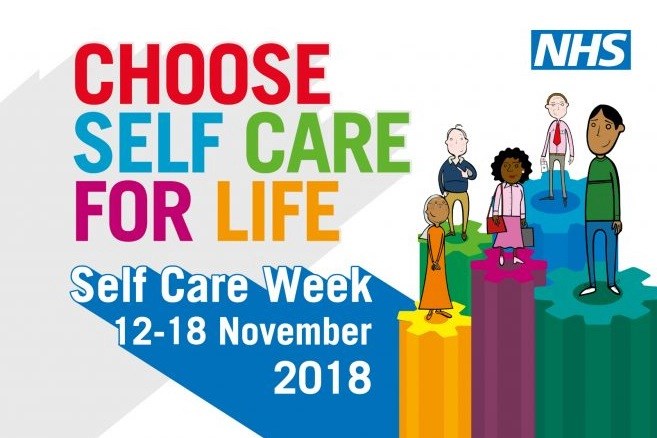Last week, in response to a commentary by Leah Hollins, the chair of the board of Island Health (“Health care means more than hospitals,” Jan. 2), I looked at the first of two “taps” that have to be turned off if we are to reduce the size and cost of our health-care system: Reducing the burden of disease by improving the health of the population.
This week, I look at the second “tap”: Reducing the demand for care by improving people’s capacity for self-care — a term that was not even used in her article.
Yet self-care is perhaps the largest part of health care; most of the time, most people with minor ailments and injuries or chronic diseases care for themselves and their families. But self-care is not just about managing illness; just as important is “health self-care.” This includes working with your neighbours, municipality and others to help make your community healthy and safe, and keeping yourself and your family healthy and safe through healthy living and using important preventive health services; the latter are included in B.C.’s Lifetime Prevention Schedule.
At the other end of the spectrum, preparing for the end of life by discussing your wishes with family members and preparing a living will and advance directives is also a form of self-care.
Unlike in B.C., the importance of self-care has long been recognized by the U.K.’s National Health Service. Noting that patients and the public are “the biggest collaborative resource available to the NHS and social care,” the NHS encourages and celebrates self-care with an annual Self Care Week, organized by an independent charity, the Self Care Forum. In November 2018, the forum convened a Self Care Summit “to examine how to accelerate self-care in the population in order to help secure the health of the nation.”
Among the key points made at the summit was that while many in the public “still believe that encouraging self-care is about cost-cutting and saving money, self-care doesn’t mean no care,” noted Helen Donovan of the U.K.’s Royal College of Nursing.
“Self-care is about common sense, about better use of services, prevention and earlier diagnosis,” added Prof. Ian Banks, a former general practitioner and a trustee of the forum. Or, as noted in a related report on how municipal councils support self-care: “Whatever the situation, there is one thing all people who self-care have in common: They feel empowered and confident to take responsibility for their own health.”
At the same time, self-care can markedly reduce the load on the health-care system, which benefits us all. The British Medical Association estimates that 50 per cent of family-physician appointments are related to ill health that could have been prevented, while “over 15 million GP appointments each year could be dealt with through self-care,” the summit report notes.
But self-care does not just happen; we are not born with innate self-care skills. Nor is it simply a matter of providing information and advice. To be effective, self-care needs a dedicated and comprehensive system of support.
One of the summit’s key recommendations was to create “local self-care communities;” another was to focus on both literacy and health literacy. This needs to start in school, the report added, so that children “will grow up understanding how to look after their own physical health and mental well-being.”
But there seems to be no equivalent to the NHS commitment or to the Self-Care Forum in B.C. To be sure, the B.C. Ministry of Health has for many years supported both HealthLink — a phone and online education and advice system — and a self-management support program for people with chronic diseases.
But what is missing is recognition of the profound importance of this most neglected part of the health-care system. There is no strategic approach, no plan to establish a comprehensive self-care support system. As a result, we are failing to turn off the second of the two taps that feed into our strained health-care system. It is way past time the Ministry of Health addressed this failing.
Dr. Trevor Hancock is a retired professor and senior scholar at the University of Victoria’s School of Public Health and Social Policy.



